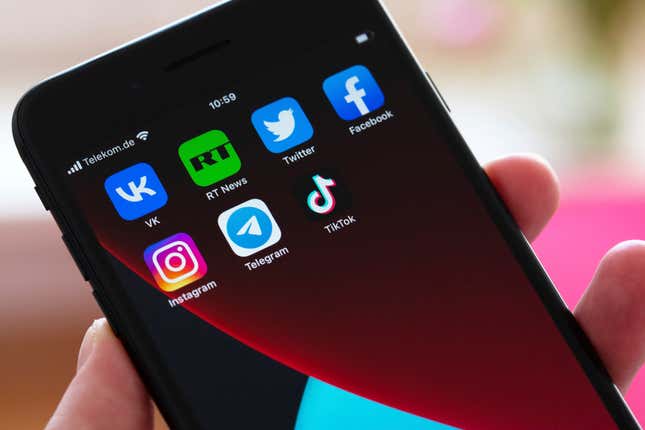Is It Safe to Talk About Abortion on Facebook? Arrest of Nebraska Mom and Teen Raises Questions
Experts say the short answer is no—the longer answer is absolutely not.
AbortionPolitics

On Monday, a Nebraska mother and her 17-year-old daughter were arrested and now face criminal charges for allegedly ending the daughter’s pregnancy with abortion pills. With each new detail, the story becomes more alarming: As Jezebel’s Susan Rinkunas has reported, court documents show the teen was reported to police by her friend, and police obtained the teen’s Facebook text conversations about the abortion by serving Meta with a warrant.
In the face of backlash, Meta responded on Tuesday evening with a confusing statement claiming that its involvement with police had been misreported. Meta says the warrants it received “did not mention abortion at all,” and “court documents indicate that police were at that time investigating the alleged illegal burning and burial of a stillborn infant.”
What, exactly, was “misreported” isn’t clear, but one thing is: The exclusion of the word “abortion” in warrants served by police isn’t actually that important. Any miscarriage, stillbirth, or pregnancy loss could technically have been self-induced through abortion pills. Because a medication abortion can’t be distinguished from a miscarriage, in states that have banned abortion, miscarriage is effectively banned too. And it sure seems like Meta—the parent company controlling popular messaging apps like Facebook/Facebook Messenger, Instagram, and Whatsapp—clearly has no qualms with helping law enforcement build cases against pregnant people.
In an email to Jezebel, a spokesperson for Meta highlighted several previous statements from the company, which claim that “each and every request” it receives from law enforcement is “carefully reviewed for legal sufficiency,” and some can be rejected for being “overly broad or vague.” The email also asserts that when Meta complies with warrants, it “only produce[s] information that is narrowly tailored to that request.” If the company determines a request “deficient or overly broad,” Meta claims it “will fight in court, if necessary.”
-

-

-

-

-

-

-

-

-

-

-

-

-

-

-

-

-

-

-

-

-

-

-

-

-

-

-

-

-

-

-

-

-

-

-

-

-

-

-

-









































